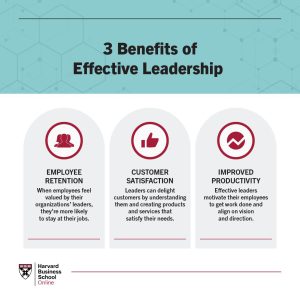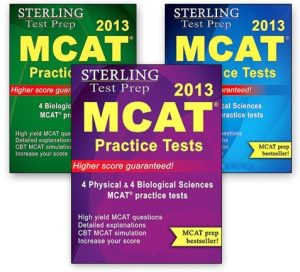
When it comes to English proficiency, the Test of English as a Foreign Language (TOEFL) is widely recognized as the gold standard. For individuals looking to pursue higher education or career opportunities in English-speaking countries, mastering TOEFL is essential. This article will delve into the importance of TOEFL and provide valuable tips and strategies to achieve excellence in this test.
Understanding TOEFL
TOEFL is a standardized test designed to evaluate the English language skills of non-native speakers. It is accepted by over 11,000 institutions in more than 150 countries. The test measures reading, listening, speaking, and writing abilities to ensure individuals can effectively understand and communicate in English.
The Significance of TOEFL
TOEFL scores act as a gateway for students and professionals seeking admission to universities, colleges, and various educational programs. Additionally, many companies also use TOEFL scores as a benchmark to assess English proficiency in job applications. Achieving high scores in TOEFL opens up numerous opportunities and ensures better prospects in both academic and professional spheres.
Mastering TOEFL Reading
The reading section of TOEFL evaluates an individual’s ability to understand and analyze written content. It requires strong comprehension skills, the ability to decipher complex vocabulary, and identifying main ideas, supporting details, and inferences within the given text. To excel in this section, practice extensively with various reading materials, develop effective scanning and skimming techniques, and comprehend different writing styles and structures.
Enhancing TOEFL Listening Skills
The listening section of TOEFL assesses candidates’ ability to comprehend spoken English in academic or casual settings. It is crucial to improve listening skills by practicing with audio recordings featuring different accents, speeds, and subject matters. Developing note-taking strategies, recognizing keywords, understanding contextually implied information, and honing critical listening abilities are vital to success in this section.
Strategies for TOEFL Speaking
Speaking in English fluently, coherently, and confidently is essential in the TOEFL speaking section. Familiarize yourself with the test format, practice timed responses, build vocabulary, and enhance pronunciation skills. Also, focus on organizing ideas effectively, incorporating appropriate examples, and demonstrating critical thinking abilities. Practicing with past test questions and seeking feedback from experienced tutors or language coaches can significantly improve speaking scores.
Acing TOEFL Writing
The writing section of TOEFL evaluates an individual’s ability to write coherent essays with well-structured ideas, proper grammar, vocabulary, and appropriate word count. Familiarize yourself with different question types, practice outlining and organizing responses, and utilize transitional phrases and connectors to enhance writing flow. It is essential to strike a balance between providing detailed explanations and managing time efficiently to complete both tasks satisfactorily.
Preparation Techniques
Preparing for TOEFL requires dedication, focus, and a systematic approach. Enroll in comprehensive TOEFL preparation courses or access online resources that provide practice materials, sample tests, and simulated exam environments. Formulate a study plan, allocate sufficient time for each section, and gradually increase the difficulty level. Regularly review and strengthen weaker areas, seek guidance when needed, and mock test yourself to assess progress.
Conclusion
TOEFL excellence is the gateway to academic and professional success for non-native speakers of English. By understanding the test format, practicing diligently, and leveraging effective strategies, individuals can boost their English proficiency and achieve high scores. Commitment, perseverance, and self-assessment are key in mastering TOEFL and unlocking limitless opportunities in an English-dominated world.

